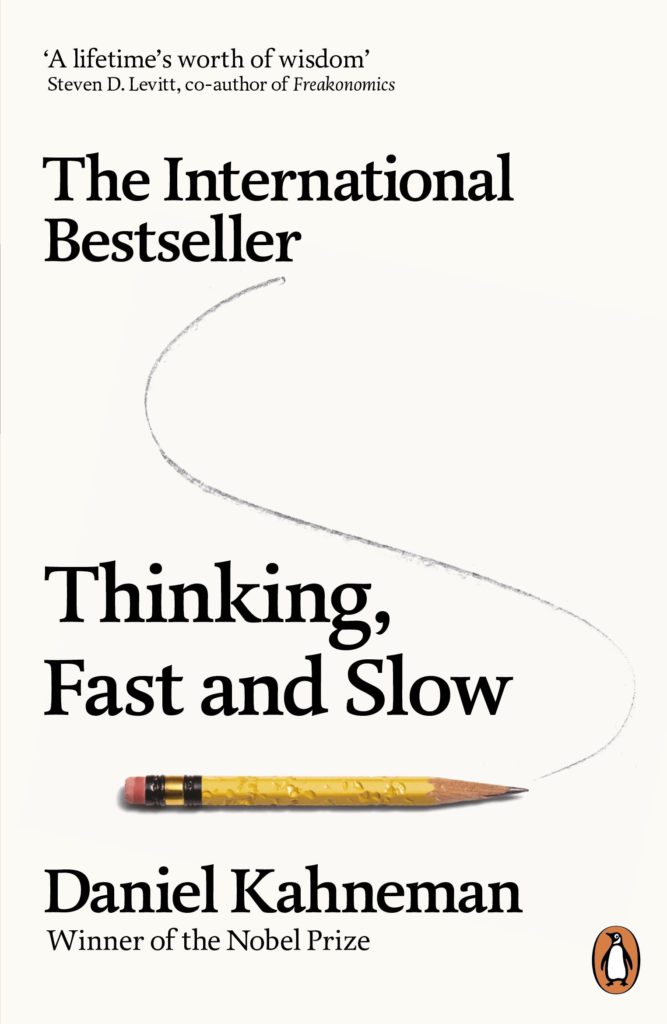 Nobel Prize-winning psychologist and economist Daniel Kahneman refers to the concept of “flow” in his book, Thinking, Fast and Slow.
Nobel Prize-winning psychologist and economist Daniel Kahneman refers to the concept of “flow” in his book, Thinking, Fast and Slow.
It is an interesting concept, and one relevant to writers. The term is more commonly used to describe good prose, but Kahneman uses the word in its alternate, strictly psychological sense.
In one sense of the word, the reader has a sense of flow as they effortlessly digest each sentence, and in the other the writer is in a deep state of concentration and understanding, writing effortlessly. Therefore, the two meanings do have some elements in common.
Good writing flows, but like a writer’s “voice” it is a product of several factors; easier to recognise by its absence rather than its presence. Flowing writing conveys a clear meaning using appropriate word choice, grammar, and sentence structure. Whether fiction or non-fiction, flowing writing is easy to read and divining its meaning is effortless; the reader is carried along on the crest of a wave.
In contrast, the concept of flow, or a flow state, has been around for a long time in various guises, although the term itself was coined by psychologist Mihály Csíkszentmihályi in 1975. It is what Kahneman refers to as “effortless attending,” an almost transcendental state of being. This, Kahneman explains, applies to situations where intense concentration and “effortful

computation” are required; moments when the mind labours under significant cognitive strain.
It is these concentration-intensive tasks that can be subject to a flow state, being “in the zone” in common parlance…
There are several elements to such experiences, such as being engaged entirely “in the moment”, effortless concentration on the complex activity while feeling entirely in control, and a distortion of subjective time – a sense of time passing swiftly in the same way a reader can get lost in a good book and lose track of time.
Flow states of “effortless attention” are possible for all sorts of activities. Sports, particularly those requiring complex hand-eye coordination, martial arts, chess, and painting are all complex activities where dedicated practice and mastery may eventually yield a flow state. Nor is this state limited to individual experiences: a group of musicians improvising together is just one such documented example.
Writers may also experience a flow state at times…
Some days you may find yourself rewriting a single paragraph over and over again, the result never quite satisfactory. And on other days, the words come effortlessly, sentences seeming to write themselves with almost no thought required. A flow state can result in flowing prose, but such states are ephemeral, and the best way to guarantee good prose is still by hard work and practice; anything else is a bonus.
—-
If you are a writer or even if you are not – For further articles on how to focus and get into a flow state can be found here Don’t risk losing some of the most valuable time of your life – Books or Social media? And Six actions to focus your mind and reduce distractions from your mobile phone




Leave A Comment